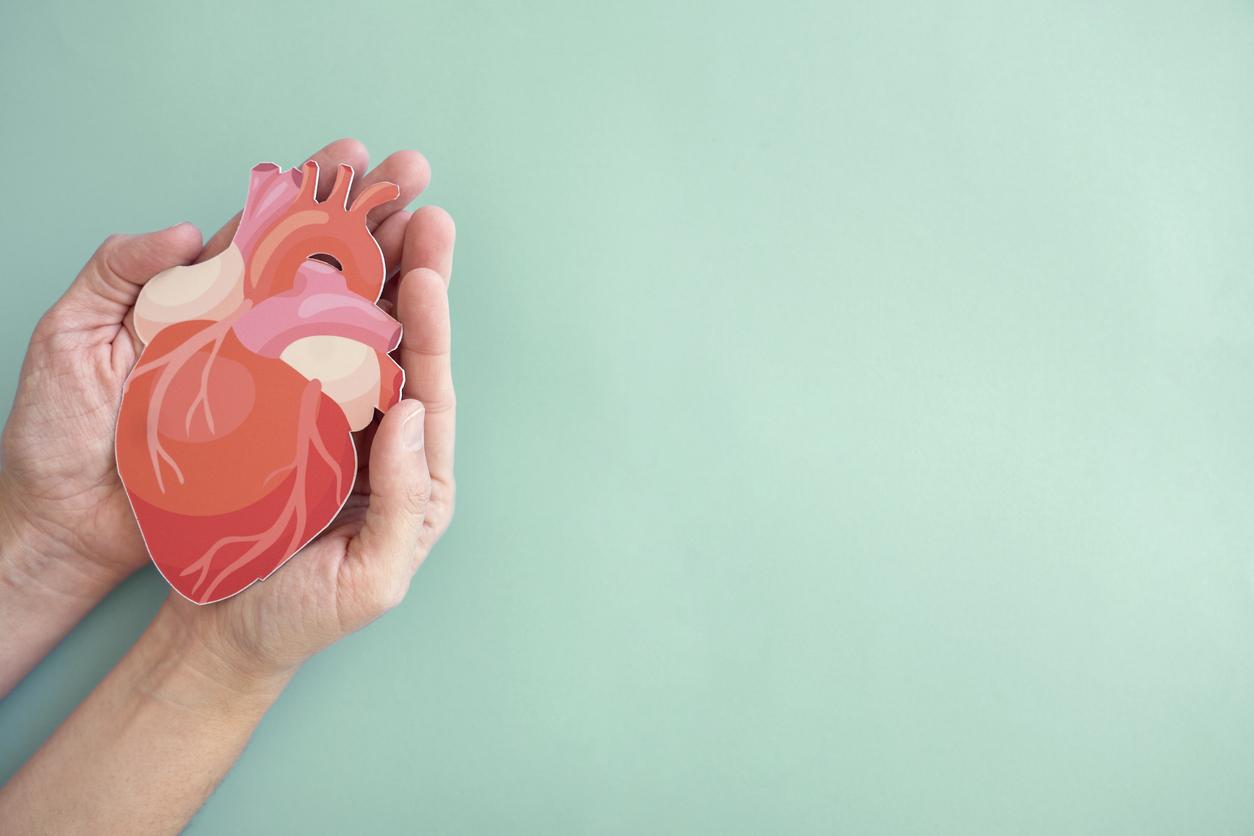Lack of spring, being out of breath more quickly and prone to palpitations or other discomforts are part of the effects of aging. Here are some things you can do to prevent it:
Assess your lung age
“Monitoring your respiratory capacity should be as natural as monitoring your blood pressure, defends Dr. Anne Prud’homme, especially if you have smoked or worked in a polluted environment. Just take a deep breath, then blow through your mouth into a mouthpiece, to know if our lungs are well preserved.Some general practitioners are equipped with a flowmeter which provides an initial assessment.Otherwise you have to be sent to a pulmonologist for an exploration (EFR).
Adapt your physical activity
The less the body is trained to exertion, the faster it runs out of steam. Cycling, swimming, hiking, dancing, tennis, etc. whatever the discipline, it must be done at a sufficient pace, without putting yourself in danger. “Heart rate meters are available on mobile phones or watches, recalls Pr. Jacques Mansourati. maximum heart rate equals 220 beats per minute minus age (170 to 50). When exercising, do not exceed 80% of this figure (136 in this example). And don’t get back to sport at 50 without consulting first. Then, what is effective is regularity: 45 minutes 5 days out of 7.
Learn deep breathing
“And even, for some, simply breathe upright, specifies Anne Prud’homme, that is to say, inflate the belly when you inhale and dig it in when you exhale.” Keeping too much non-renewed air is not healthy. Singing or playing a wind instrument is excellent because it trains you to breathe “deeply”.
Watch your waistline
Abdominal adiposity is the bed of the metabolic syndrome (diabetes, hypertension, cholesterol, triglycerides). It creates an inflammatory ground which destabilizes a possible atherosclerotic plaque, which can promote the occurrence of a premature heart attack. Attention, even so-called “light”, sodas increase the waistline (Journal of the American Geriatrics Society, March 2015). For a flat stomachit is better to opt for green tea!
Reduce stress
Stress increases heart rate and can cause arteries to spasm, especially in women. If one is angry, yogatai chi, meditation, sport and laughter, practiced regularly, help to let off steam.
Balance your fatty acid intake
Excess saturated fatty acids promote cardiovascular disease. “We must banish red meat every day, insists Pr. Mansourati, forget the cheese if the meal already includes meat, opt for a fruit for dessert.” Another balance to find: that between Omega 3 and 6. “The former limit inflammation, explains Dr. Claude Dalle, while the latter promote it”. We should ingest five Omega 6 for one Omega 3. However, we We are on average fifteen to one.To find balance, eat fatty fish (sardines, herring, mackerel, salmon, tuna) or meat from the Bleu-Blanc-Coeur sector (whose flesh contains Omega 3 ) and use rapeseed, olive or walnut oil.
Limit fast sugars
“They increase triglycerides and attack proteins, which increases glycation phenomena and accelerates aging”, justifies Claude Dalle. Rather than fruit juice, eat whole fruit, whose fiber slows the absorption of fructose.
Be careful with salt
The sodium/potassium ratio plays an important role in the appearance of cardiovascular diseases, as well as in osteoporosis. While we need 5 to 6 g of sodium per day for 8 g of potassium, we ingest too much salt (more than 10 g) and too little potassium (3 g). Another reason to eat more vegetables, rich in potassium (dried apricot, banana, spinach, avocado, broccoli) and instead, flavor foods with healthy spices (turmeric, cumin). Beware of salt in prepared meals: an industrial soup contains up to 10 g per 100 ml!
Instead, console yourself with dark chocolate
You have to comfort yourself sometimes: a little dark chocolate protects our arteries and boosts our memory. On the other hand, if small doses of alcohol (1 glass / day for women, 2 for men) tend to thin the blood and increase good cholesterol, “beyond this it increases blood pressure and saps the abilities of the heart muscle”, warns Dr. Toussaint.
Check if you are short of breath or if you cough
Everyone should be able to do two 25m pool lengths, run after the bus, or climb four flights of stairs without getting out of breath. “And coughing is never normal, even if you smoke!” insists Dr. Prud’homme.
Carry out regular check-ups
People under forty can wait for a visit to the doctor to have their blood pressure checked, but it should be checked at least twice a year from midlife. And measure every three years cholesterol, triglycerides, and diabetes (more often in case of anomaly).
>> To read also:
Should you watch your line to act against aging?
Physical activity improves aging
Anti-aging: 10 surprising tips to stay young













-1739366311.jpg)




